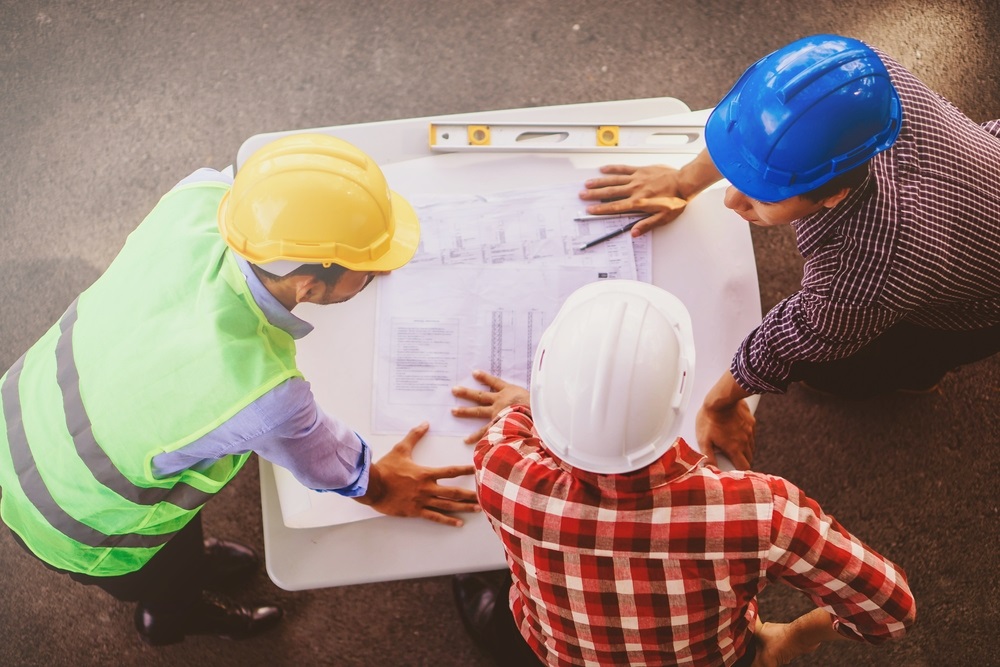The success of any construction project largely depends on what happens before the first brick is laid. The pre-construction phase is crucial in setting the stage for a smooth and efficient build. During this time, a construction manager plays a vital role in planning, organizing, and preparing every aspect of the project. In this article, we’ll explore what a construction manager does during the pre-construction phase and why these tasks are essential for your project’s success. Inquire about construction management consulting services.
Establishing Project Objectives and Scope
Defining Clear Goals
Before any construction work begins, the construction manager works closely with the client to define the project’s objectives. What are the client’s goals? What is the desired outcome? By understanding the client’s vision, the construction manager ensures that the project has clear and achievable goals. These goals guide all subsequent planning and decision-making.
Additionally, defining the project’s scope is a critical early task. The construction manager outlines what the project will include—and just as importantly, what it will not. This clarity helps prevent scope creep, which can lead to delays and cost overruns.
Setting Realistic Expectations
After establishing the project’s goals, the construction manager helps set realistic expectations regarding timeframes, budgets, and resources. They assess the project’s feasibility based on the available information and provide the client with a clear understanding of what can be achieved. This step is essential for aligning the client’s expectations with the realities of the construction process.
Developing a Comprehensive Project Plan
Detailed Scheduling
One of the most important tasks during the pre-construction phase is developing a detailed project schedule. The construction manager creates a timeline that outlines when each phase of the project will begin and end. This schedule includes critical milestones, deadlines, and contingencies for potential delays.
Because timing is crucial in construction, the construction manager coordinates with all stakeholders to ensure that the schedule is both realistic and achievable. They account for factors such as weather conditions, material availability, and labor resources, ensuring that the project remains on track from start to finish.
Budget Planning and Cost Estimation
Accurate budget planning is another key responsibility of the construction manager during pre-construction. They develop a detailed budget that covers all aspects of the project, including materials, labor, permits, and unforeseen expenses. This budget serves as a financial roadmap, guiding the project from concept to completion.
To ensure the budget is realistic, the construction manager conducts thorough cost estimations. They gather quotes from suppliers, estimate labor costs, and account for any potential risks that could impact the budget. By doing so, they help prevent cost overruns and ensure that the project stays within financial limits.
Coordinating Design and Engineering
Working with Architects and Engineers
The construction manager acts as the liaison between the client, architects, and engineers during the pre-construction phase. They ensure that the design aligns with the project’s goals and scope. By collaborating closely with these professionals, the construction manager helps translate the client’s vision into a workable design that meets all technical requirements.
Furthermore, the construction manager reviews the design for constructability. They assess whether the proposed plans are practical and can be executed within the project’s constraints. If there are any concerns, the construction manager works with the design team to find solutions that maintain the integrity of the project while ensuring feasibility. Inquire about construction management consulting services.
Ensuring Compliance with Codes and Regulations
Compliance with building codes and regulations is non-negotiable in construction. During the pre-construction phase, the construction manager reviews all designs and plans to ensure they meet local, state, and federal regulations. This step is crucial to avoid legal issues that could delay the project.
In addition, the construction manager coordinates the acquisition of necessary permits and approvals. By handling these legalities early, they prevent potential roadblocks that could arise during construction.
Risk Management and Mitigation
Identifying Potential Risks
Construction projects come with inherent risks, from safety concerns to financial uncertainties. The pre-construction phase is the ideal time to identify these risks. The construction manager conducts a thorough risk assessment, considering all aspects of the project.
By identifying potential risks early, the construction manager can develop strategies to mitigate them. Whether it’s adjusting the schedule, sourcing alternative materials, or implementing additional safety measures, these strategies help protect the project from unforeseen challenges.
Developing Contingency Plans
Once potential risks are identified, the construction manager develops contingency plans to address them. These plans provide a roadmap for how to handle unexpected issues that may arise during construction. By having these plans in place, the construction manager ensures that the project can continue with minimal disruption, even when faced with challenges. Inquire about construction management consulting services.
Securing Resources and Contractors
Sourcing Materials and Labor
The availability of materials and labor is critical to the success of any construction project. During the pre-construction phase, the construction manager begins sourcing the necessary materials and labor. They establish relationships with reliable suppliers and subcontractors to ensure that all resources are secured in advance.
Because delays in material delivery or labor shortages can significantly impact the project, the construction manager takes proactive steps to avoid these issues. By securing resources early, they help ensure that the project stays on schedule.
Negotiating Contracts
Another essential task during the pre-construction phase is negotiating contracts with suppliers, subcontractors, and other stakeholders. The construction manager ensures that all contracts are fair, transparent, and clearly outline the expectations for all parties involved. This step is crucial for preventing disputes and ensuring that everyone is committed to the project’s success.
The pre-construction phase is a critical period where the foundation for the entire project is laid. A construction manager plays a vital role during this phase, overseeing everything from defining project objectives to securing resources. By managing these tasks effectively, the construction manager ensures that the project is well-prepared and positioned for success. Understanding what happens before construction begins helps clients appreciate the importance of thorough planning and the value that a skilled construction manager brings to the table. Inquire about construction management consulting services.


